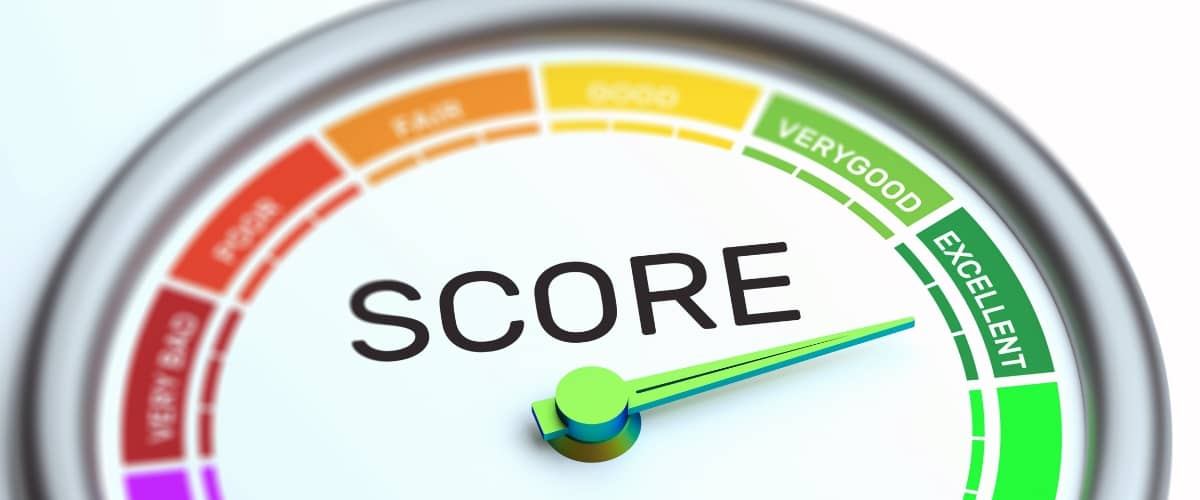Improving your credit score can seem like a daunting task, but it’s an essential step for achieving financial stability and unlocking better loan rates. A higher credit score can open doors to lower interest rates on mortgages, car loans, and credit cards, making it easier for you to manage debt and save money. In this post, we will explore proven methods to improve your credit score, providing you with actionable tips to take charge of your financial future.
Understanding What Affects Your Credit Score
Credit scores are calculated using the FICO scoring model, which considers five components: payment history (35%), amounts owed (30%), length of credit history (15%), new credit (10%), and types of credit used (10%). Payment history is crucial, as late payments can significantly impact your score. The amounts owed component includes your credit utilization ratio; a lower ratio is better. Length of credit history indicates your experience with managing credit, positively influencing your score. Opening several new accounts quickly can signal financial distress. Lastly, having a diverse mix of credit types is beneficial.
Importance of Consistently Paying Bills On Time
Consistently paying your bills on time is one of the most straightforward and impactful strategies to improve your credit score. Payment history accounts for a significant portion of your score, so timely payments are crucial. To stay on top of due dates, consider setting up automatic payments or alerts through your bank or credit card provider. This ensures that you never miss a payment deadline. Creating a monthly budget can also help you manage your finances better and allocate sufficient funds for your bills. If you foresee difficulties in making a payment, contact your lender to explore alternative arrangements.
Strategies for Reducing Your Credit Card Balances
Lowering your credit card balances is a key tactic for improving your credit score. To tackle this, consider using the **Snowball Method**: pay off your smallest debt first while maintaining minimum payments on larger debts. Once the smallest is cleared, move on to the next smallest, creating a snowball effect. Alternatively, the **Avalanche Method** targets debts with the highest interest rates first, which can save you more in interest payments. Also, temporarily halt new credit card purchases to focus on reducing your outstanding balances. These strategies can significantly improve your credit utilization ratio and, in turn, your credit score.
Reviewing Your Credit Report for Errors and Discrepancies
Regularly reviewing your credit report is crucial to maintaining a healthy credit score. Mistakes such as incorrect account information or outdated data can unjustly lower your score. You are entitled to one free credit report each year from Experian, TransUnion, and Equifax. Use these reports to check for inaccuracies like accounts that don’t belong to you, incorrect payment statuses, or misspelled names and addresses. If you spot any errors, dispute them with the respective credit bureau immediately. Correcting these discrepancies can lead to a quick boost in your credit score and ensure it accurately reflects your financial behavior.
Benefits of Keeping Older Credit Accounts Open
Maintaining older credit accounts can positively influence your credit score by enhancing the length of your credit history, which accounts for 15% of your score. Older accounts contribute to a longer average age of credit, signaling to lenders that you have experience managing credit responsibly. If you have credit cards or other accounts you rarely use, consider keeping them active with occasional small purchases to avoid account closure due to inactivity. This strategy not only preserves the benefits of a longer credit history but also helps maintain a lower credit utilization ratio, further boosting your score. Be cautious of any associated fees and ensure they fit into your financial plan.
Smart Use of New Credit Accounts and Inquiries
Opening new credit accounts can be a double-edged sword for your credit score. Each new application triggers a hard inquiry, which can cause a temporary dip in your score. However, strategically managing new credit accounts can help improve your overall credit profile. Focus on only applying for credit that you genuinely need and that aligns with your long-term financial goals. When you do open a new account, use it responsibly by keeping balances low and making timely payments. Additionally, spacing out your applications can prevent multiple hard inquiries from accumulating within a short period, which can be seen as a red flag by lenders. Consider monitoring your credit score to gauge the impact of new accounts and inquiries, ensuring that each step you take is a calculated move toward improving your credit score.
Conclusion
Improving your credit score is a gradual process that requires consistent effort and strategic planning. By understanding what affects your credit score, you can make informed decisions to enhance it. Paying bills on time, reducing credit card balances, and keeping older credit accounts open are crucial steps. Regularly reviewing your credit report for errors ensures that your score accurately reflects your financial behavior. Additionally, be mindful when opening new credit accounts to avoid unnecessary hard inquiries. Implementing these proven methods can lead to significant improvements in your credit score over time, ultimately providing you with greater financial opportunities and stability.







